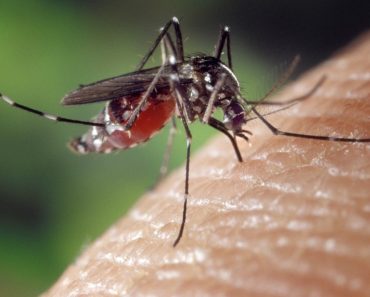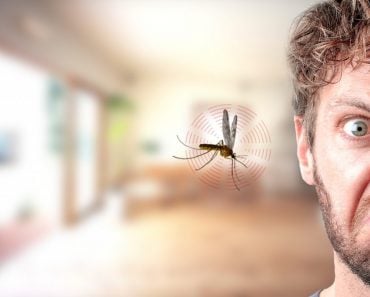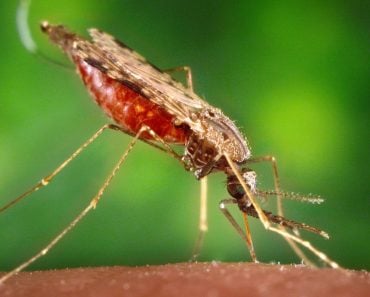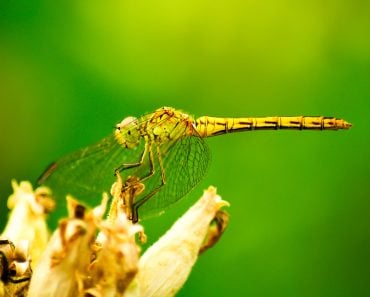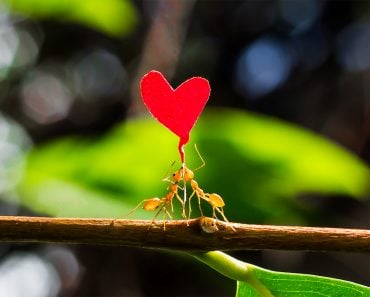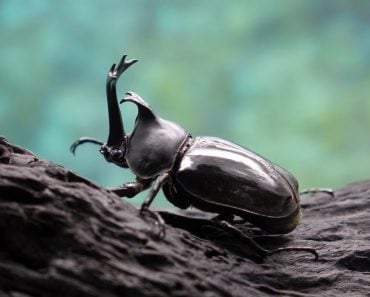Table of Contents (click to expand)
- Where Are Mosquitoes Found Across The World?
- The Harsh Conditions In Antarctica Are Unsuitable For Mosquitoes
- Iceland’s Unique Conditions Keeps Mosquitoes At Bay
- Seychelles Is A Tropical Country With Limited Mosquito Species
- The Importance Of Understanding The Geographic Distribution Of Mosquitoes
- In Summary
Mosquitoes are found all over the world, primarily thriving in moist and humid tropical regions. However, there are also places in the world (including a group of tropical islands), where mosquitoes are missing entirely or find it quite difficult to thrive.
Remember all the times you’ve been woken up by the buzz of a mosquito on an otherwise silent night? These blood-sucking insects not only annoyingly buzz near our ears, but also give us itchy bites and disturb our slumber. They vanish as soon as we try to get rid of them, as though they can sense a fatal swat approaching.
There are over 3500 species of mosquitoes found worldwide. The females from 6% of these species draw blood from humans to help develop their eggs. The bite of a mosquito can also spread the germs they carry. Mosquito-transmitted diseases kill about 500,000 people every year around the world.

Mosquitoes do particularly well in hot and humid conditions. They can lay eggs in wet conditions and thrive in warm temperatures. They do not function well in temperatures below 10 °C, and are most active between temperatures of 15 to 25°C. There are also some places in the world where mosquitoes cannot survive. Such places either lack mosquitoes altogether, or contain only a few species.
Recommended Video for you:
Where Are Mosquitoes Found Across The World?
Although they are more common in hot and humid tropical regions, mosquitoes are found almost worldwide. A study found that the majority of mosquitoes carrying diseases are found in Africa and Asia. Some are also localized in North America. Another study showed that some mosquito species have spread to South America and Europe.
The geographic distribution of mosquitoes varies depending on species. For example, one species occurs close to geothermal springs in Uganda, while another species is found all the way from Ireland to Central Siberia.
The tropical climate of India makes it a suitable breeding ground for mosquitoes, and India is home to over 50 species of the Anophelinae subfamily. Mosquitoes of different species inhabit several places all over the country, ranging from the foothills of the northeastern states to brackish waters of the Andaman and Nicobar Islands.
Mosquitoes do not occur in Antarctica and a few other subpolar regions. Iceland is one of the only habitable places on Earth that is mosquito-free. Some tropical islands, like the Seychelles and islands in the Central Pacific, also contain limited mosquito species.
The Harsh Conditions In Antarctica Are Unsuitable For Mosquitoes

About one million species of insects are found on Earth, and only three of them live in Antarctica, as they have evolved mechanisms to survive the extreme cold. Mosquitoes, which lack such mechanisms, do not do well in the harsh climate of Antarctica. Besides the freezing cold and limited food, there is no stagnant water where mosquitoes can lay eggs. There are also no places for mosquitoes to burrow, and the cold makes it difficult for them to fly.
Iceland’s Unique Conditions Keeps Mosquitoes At Bay
Iceland isn’t as cold as Antarctica, and lakes and ponds where mosquitoes could breed are plentiful. Despite this, Iceland is the only country in the world to be completely mosquito-free. Strangely, neighboring countries like Norway, Denmark, Scotland, and Greenland have mosquitoes in abundance.
Some scientists hypothesize that Iceland’s oceanic climate helps control mosquitoes. In other cold places, when mosquitoes lay eggs in winter, the larvae emerge only after spring has broken. Iceland has cool summers and cool winters, as well as multiple freeze-thaw cycles each year. This can create conditions that may be too unstable for the survival of mosquitoes.
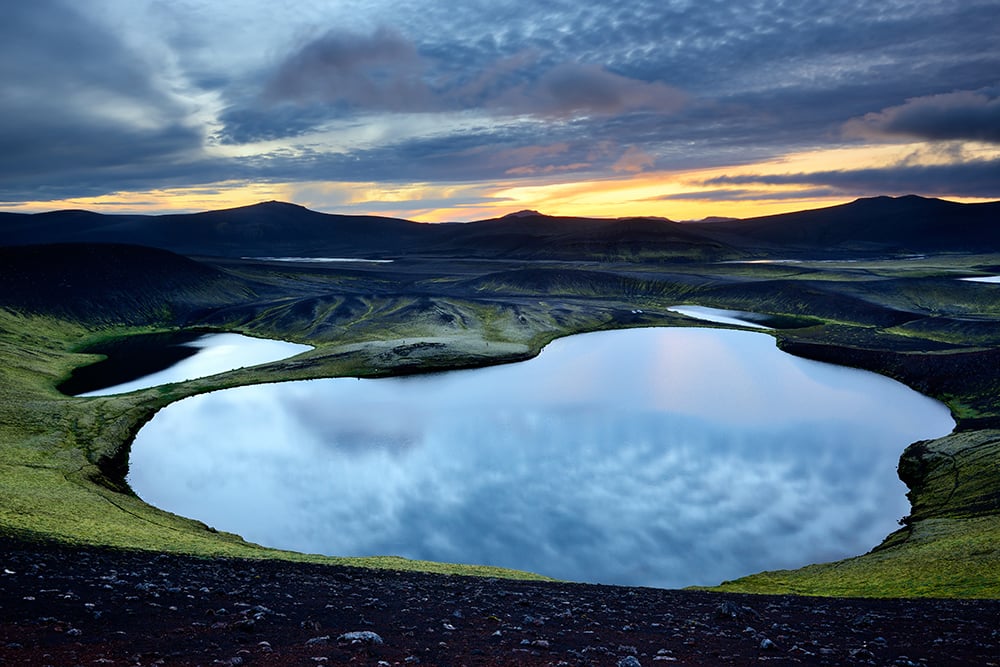
Another theory is that the chemical composition of the water and ground keeps the bugs at bay. Scientists guess that mosquitoes could be carried to Iceland on airplanes and learn to adapt to the climate there, but thus far, the country has been saved from this annoying pest.
Seychelles Is A Tropical Country With Limited Mosquito Species
The Seychelles have a tropical climate that should, normally, be conducive for mosquitoes. Despite this, the islands do not have more than a few species of mosquitoes. Anopheles mosquitoes, infamous for carrying malaria-causing germs, are not found in the Seychelles island group.
Mosquitoes of Anopheles species were briefly introduced to the Aldabra region in Seychelles by a boat arriving from Madagascar in 1908. This led to widespread malaria cases, but the mosquitoes were eventually eliminated from the region. In fact, there has been no incidence of locally acquired malaria in Aldabra since 1931!

Scientists think that these islands’ remoteness and seasonal winds protect them against mosquitoes. Moreover, the steep slopes on the islands means stagnant freshwater is not commonly found, and mosquito larvae require stagnant freshwater to develop. Some parts of the islands face a long and dry season of up to nine months and have no sources of natural freshwater. All these conspiring factors make it impossible for some species of mosquitoes to thrive in the Seychelles.
The Importance Of Understanding The Geographic Distribution Of Mosquitoes
Mosquitoes are more than just annoying insects. They can carry potentially lethal diseases. Knowing which mosquito species are focused in specific locations on the globe can help researchers identify populations at higher risk of mosquito-borne diseases, which can then guide future public health efforts.
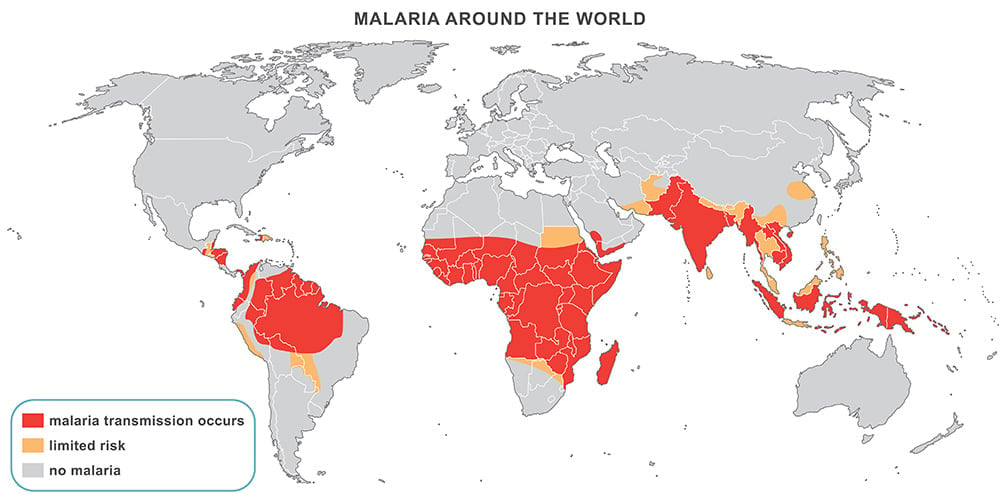
In Summary
Mosquitoes lack biochemical mechanisms to survive in cold and dry places, so they require hot and humid conditions to thrive. Their larvae also need stagnant freshwater sources to properly develop. The absence of some or all of these factors means that some areas on Earth have no mosquitoes, while some areas have limited mosquito species. There are no mosquitoes in polar and sub-polar regions, such as Antarctica and Iceland, while remote tropical islands like the Seychelles also have surprisingly few mosquito species.
References (click to expand)
- Gao, H., Cui, C., Wang, L., Jacobs-Lorena, M., & Wang, S. (2020, February). Mosquito Microbiota and Implications for Disease Control. Trends in Parasitology. Elsevier BV.
- Robert, V., Rocamora, G., Julienne, S., & Goodman, S. M. (2011, February 8). Why are anopheline mosquitoes not present in the Seychelles?. Malaria Journal. Springer Science and Business Media LLC.
- Why are there no mosquitos in Iceland, when they live on ....
- Would it be wrong to eradicate mosquitoes?.
- Europe's Mosquito-Free Island Paradise: Iceland.
- Where to Move if You Hate Mosquitoes.
- Mosquitoes.

